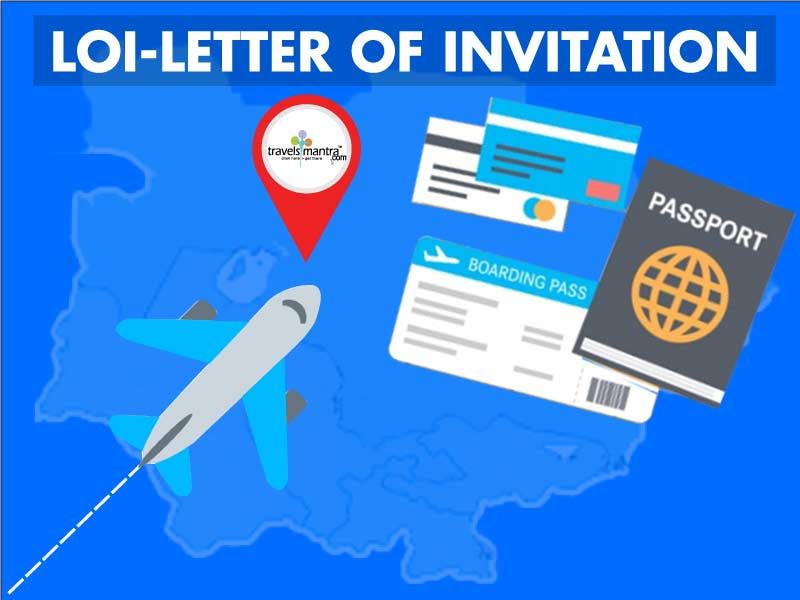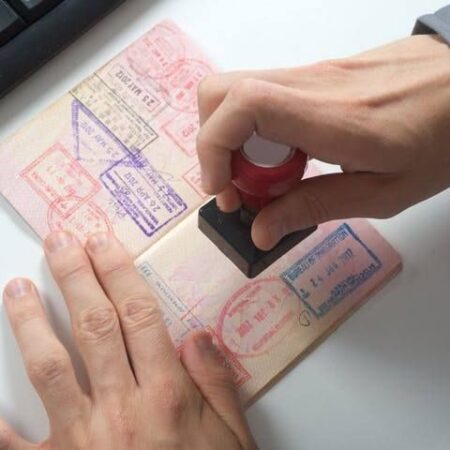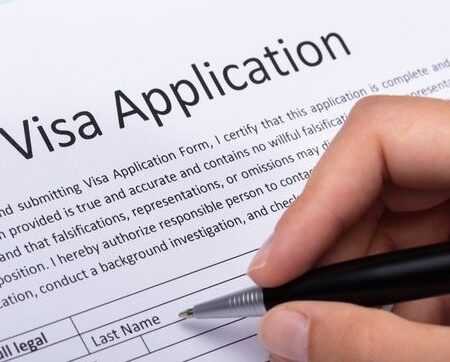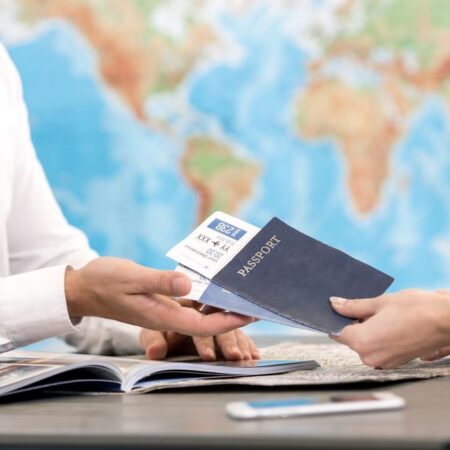
When planning to travel abroad, whether for tourism, study, business, family visits, or conferences, one crucial document that can significantly impact the outcome of your visa application is the invitation letter. Many applicants overlook its importance or fail to understand how it can strengthen their case. In reality, a well-written and authentic invitation letter can make the difference between a smooth visa approval and a disappointing rejection.
An invitation letter is not just a formality; it serves as a strong indicator of your travel purpose and your credibility as a visitor. Immigration officers use it to verify your intent, accommodation plans, and ties to the host country. This article explores in detail what an invitation letter is, why it matters, and how to ensure yours adds genuine value to your visa application.
What Is an Invitation Letter?
An invitation letter is a written document provided by a host, either an individual, company, or organization, inviting you to visit their country for a specific purpose and duration. The host confirms their relationship with you, states the purpose of your visit, and assures the immigration authorities that you will respect the laws of the country and return home after your stay.
The letter is typically addressed to the embassy or consulate where the visa application is being processed. Depending on the purpose of travel, it can take different forms such as:
- Tourist or Family Visit Invitation Letter: Written by a family member or friend who resides abroad inviting you for a vacation or to spend time together.
- Business Invitation Letter: Provided by a company, employer, or conference organizer when visiting for business meetings, trade fairs, or professional engagements.
- Student Invitation Letter: Issued by a university or educational institution when you are invited to participate in an academic exchange, seminar, or study program.
- Cultural or Religious Invitation Letter: Written by an organization or group inviting you to participate in events, festivals, or religious gatherings.
Why Invitation Letters Are Important in Visa Applications
An invitation letter gives credibility to your visa application by proving that your trip has a clear and verifiable purpose. Embassies receive thousands of applications every year, and they are trained to detect inconsistencies. An authentic invitation letter helps eliminate doubts and shows that your visit is legitimate.
Here are some reasons why an invitation letter is essential:
1. It Demonstrates a Clear Purpose of Visit
A strong invitation letter outlines exactly why you are traveling, who you are meeting, and what you plan to do during your stay. This clarity helps visa officers quickly assess your intentions, reducing suspicion or uncertainty.
2. It Provides Proof of Accommodation and Support
Many embassies want to know where applicants will stay while abroad. If your host mentions that you will be staying with them or that they’ve made hotel arrangements, it strengthens your application by showing that your accommodation is planned and secured.
3. It Shows a Genuine Connection Between Host and Visitor
The relationship between you and your host is an important factor in visa assessment. Whether the host is a relative, business partner, or organization, the letter should clearly describe your relationship and why they are inviting you. A believable relationship builds trust with the consular officer.
4. It May Reduce Financial Proof Requirements
If the host indicates that they will cover part or all of your expenses—such as accommodation, food, or transportation—this can ease the financial proof burden. Some embassies accept this as partial evidence of sufficient funds for travel.
5. It Reflects Responsibility and Credibility
Embassies take invitation letters seriously because they hold the host partly responsible for the visitor’s conduct while in the country. When a reputable host signs an invitation letter, it increases your chances of approval since it reflects accountability and oversight.
Key Components of a Strong Invitation Letter
To make your invitation letter effective, it must be written clearly, professionally, and truthfully. Below are the main details that should be included:
- Host’s Full Details – Name, contact information, address, and proof of legal residence or citizenship in the host country.
- Visitor’s Full Details – Name, address, date of birth, passport number, and relationship to the host.
- Purpose of Visit – Clearly explain why the visitor is traveling, whether for vacation, business, family reunion, or an event.
- Duration and Dates of Stay – Specify the exact dates or estimated length of stay.
- Accommodation Information – Indicate where the visitor will stay (at the host’s residence or hotel).
- Financial Responsibility – Clarify who will bear the costs of travel, accommodation, and daily expenses.
- Assurance of Return – The host should confirm that the visitor will return home after the trip and comply with all immigration laws.
- Host’s Signature – The letter should be signed and, in many cases, notarized or certified for authenticity.
Supporting Documents to Attach
Along with the invitation letter, some embassies require supporting documents from the host to confirm authenticity. These may include:
- A copy of the host’s passport or national ID.
- Proof of residence (utility bill or rental agreement).
- Bank statements (if the host is sponsoring the visitor).
- Employment or business registration documents (for business invitations).
- Event or conference registration documents (for academic or professional visits).
Submitting these documents alongside your letter shows transparency and further strengthens your application.
Common Mistakes Applicants Make with Invitation Letters
Despite their importance, many visa applicants make errors that weaken their applications. Common mistakes include:
- Submitting invitation letters with vague or missing information.
- Using fake or poorly written letters copied from the internet.
- Failing to include proof of the host’s legal status.
- Not aligning the letter’s information with other documents in the application.
- Submitting a letter without signatures or official endorsement where required.
To avoid these pitfalls, always ensure your letter is original, consistent with your application, and tailored to your specific situation.
How to Verify a Genuine Invitation
Visa officers are highly skilled at spotting fake or exaggerated information. Therefore, it’s crucial to ensure your invitation letter and supporting documents are authentic. If your host is unsure how to draft the letter, they can contact their country’s immigration office or refer to templates provided by official embassy websites.
A false or misleading invitation can lead to a visa refusal or even a travel ban, so it’s better to invest time in preparing genuine and verifiable paperwork.
An invitation letter can be the defining factor that sets your visa application apart from the rest. It adds a layer of authenticity, provides clarity to your travel purpose, and gives embassies confidence that your visit is genuine and well-planned.
Whether you’re traveling to attend a conference, visit a relative, or participate in a cultural event, ensure that your invitation letter is detailed, honest, and supported by credible documents. It should clearly reflect your relationship with your host, the purpose of your visit, and your commitment to return home after your stay.
With the right invitation letter and proper preparation, your visa application stands a much better chance of being approved. Always remember that successful travel begins with truthful documentation and clear intent.
Fill this FORM to book your hotel today.








No Comment! Be the first one.